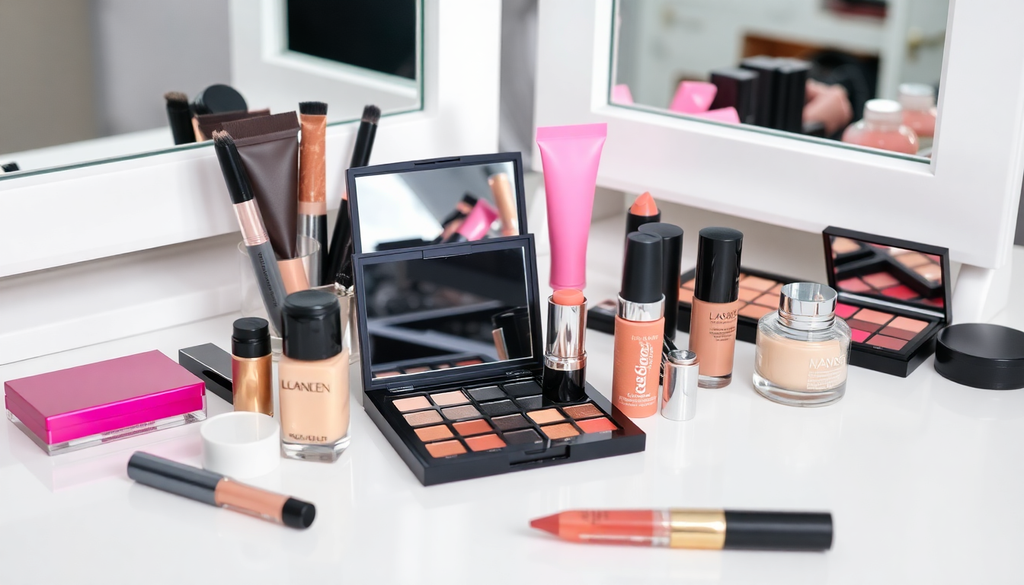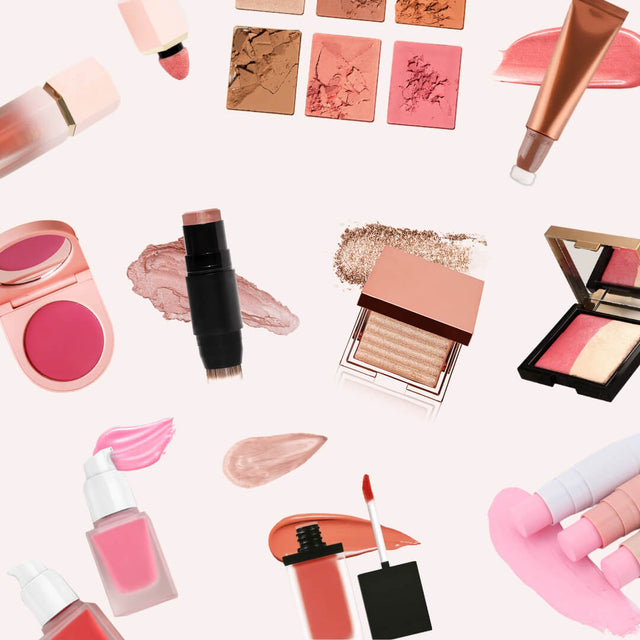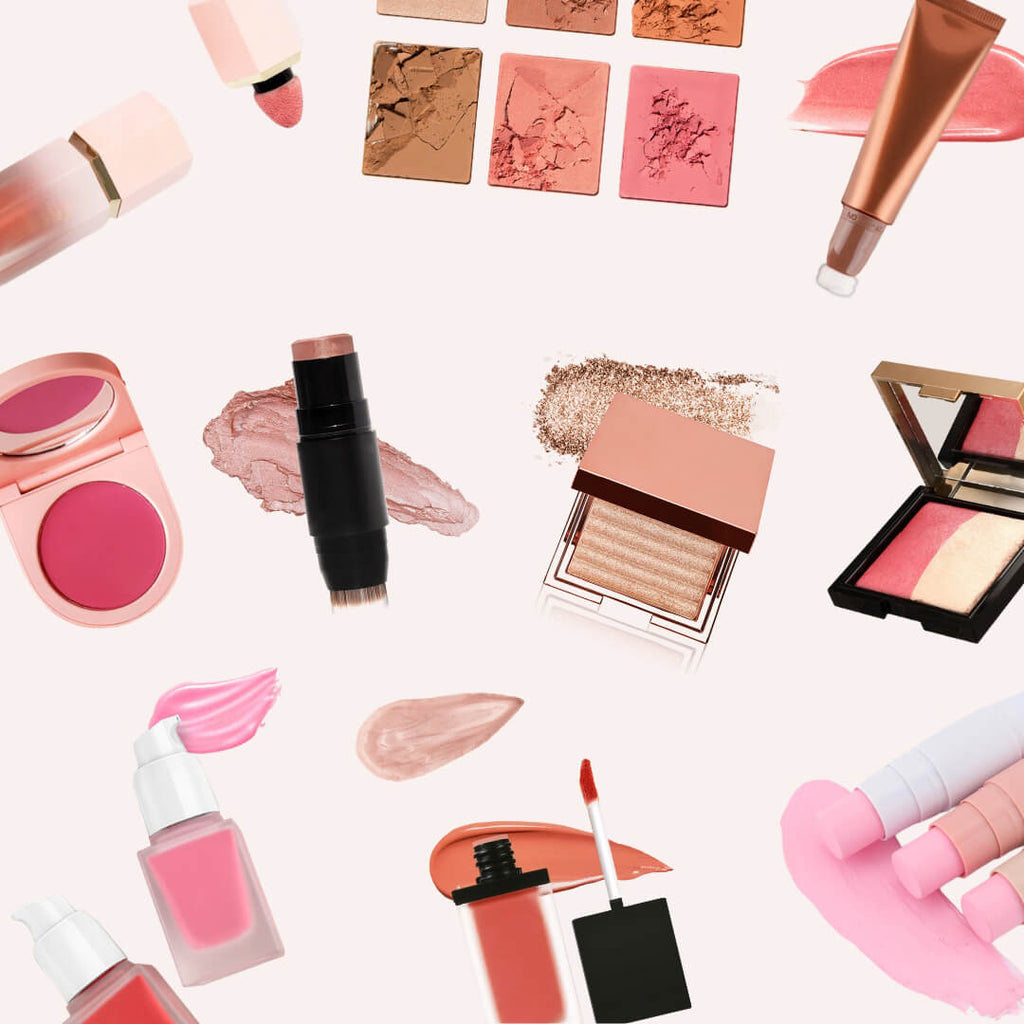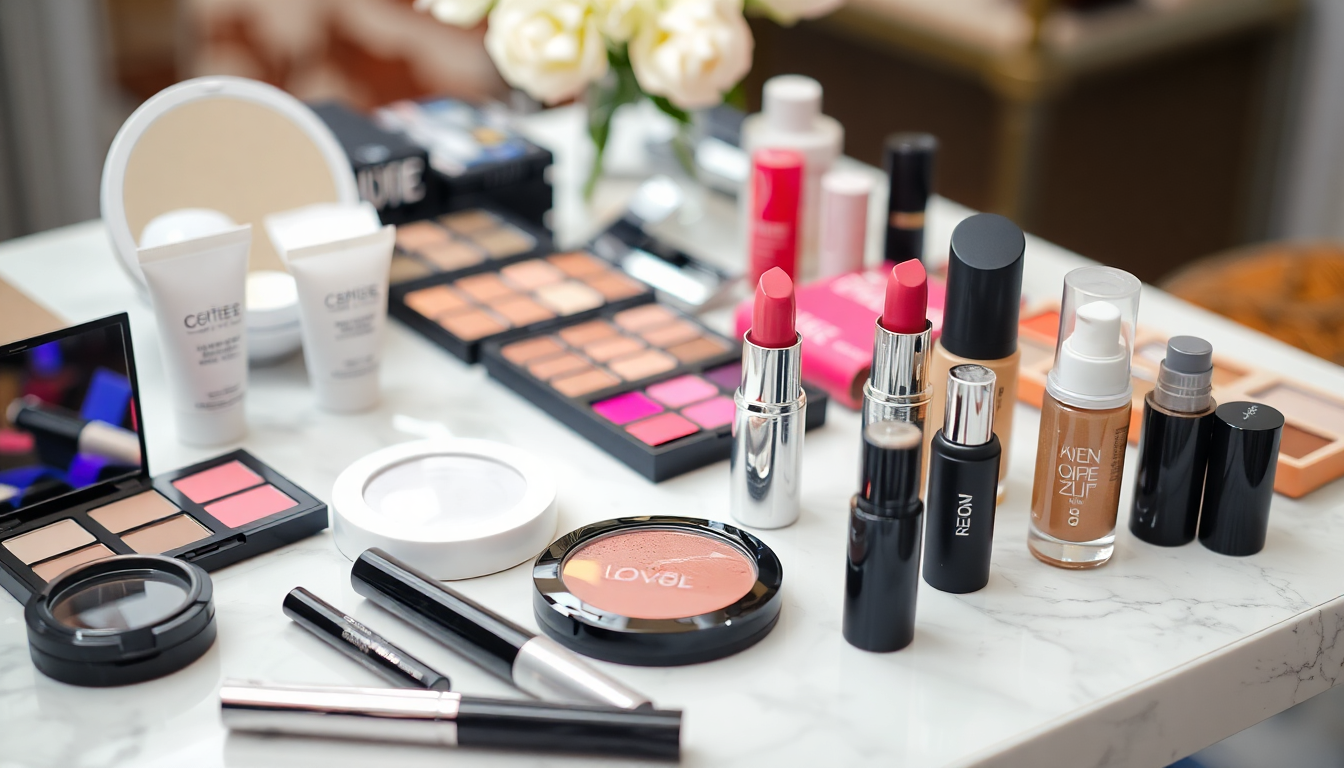
Navigating the New Zealand Makeup Market: Essential Steps for Launching Your Private Label Brand in 2025
Introduction
As the beauty industry continues to thrive, launching a private label makeup brand in New Zealand in 2025 presents a lucrative opportunity. With a growing demand for unique and quality makeup products, understanding the essential steps to navigate the market is crucial for success. This comprehensive guide will walk you through everything from regulations to marketing strategies, ensuring you have the knowledge and tools needed to launch your brand effectively.
Understanding New Zealand's Cosmetic Regulations
Before launching your private label brand, it’s vital to familiarize yourself with New Zealand's cosmetic regulations. Compliance not only protects consumers but also enhances your brand's reputation. Here are the key points to consider:
- Cosmetic Products Group Standard: Ensure compliance with the Cosmetic Products Group Standard 2006, which sets out the safety and labeling requirements for cosmetics. This standard mandates that all cosmetic products must be safe for use and manufactured in a hygienic environment.
- Ingredient Safety: All ingredients must be safe for use and compliant with the Food Standards Australia New Zealand (FSANZ) guidelines. Familiarize yourself with the list of prohibited and restricted substances to avoid potential legal issues.
- Labeling Requirements: Labels must include the product name, ingredient list, and any warnings or usage instructions. Additionally, consider local languages and cultural sensitivities in your labeling to better connect with your target audience.
- Claims and Marketing: Be cautious about claims you make regarding your products. Misleading claims can lead to legal repercussions and damage your brand's reputation. Ensure all claims are substantiated by scientific evidence.
Import Policies and Certifications
If you're importing cosmetics from overseas, understanding the import policies is essential. Here’s what you need to know:
- Customs Regulations: Make sure to comply with New Zealand Customs regulations. This includes correctly classifying your products and paying any necessary duties. It’s advisable to consult a customs broker who can assist you with the complexities of import regulations.
- Certificates of Free Sale: Obtaining a Certificate of Free Sale from your manufacturing country can simplify the import process. This certificate demonstrates that your products are legally sold in the country of origin and meet safety standards.
- Testing and Compliance: Consider third-party testing for your products to ensure they meet New Zealand’s safety standards. This not only builds trust with consumers but also helps in complying with regulations.
- Tariffs and Duties: Research applicable tariffs and duties on imported cosmetics. Understanding the costs associated with importing can help you set competitive pricing for your products.
Setting Up Your Makeup Online Store
In today's digital age, having a robust online presence is crucial for your makeup brand. Here are detailed steps to set up your online store:
- Choose an E-commerce Platform: Consider platforms like Shopify, WooCommerce, or BigCommerce that cater specifically to beauty and cosmetics. Look for features that allow for easy inventory management, payment processing, and marketing tools.
- Design Your Website: Invest in a user-friendly, visually appealing design that reflects your brand identity. Your website should be optimized for mobile devices, as a significant portion of online shopping is done via smartphones.
- Product Photography: High-quality images are essential for online sales. Invest in professional photography that showcases your products effectively. Consider including videos that demonstrate how to use your products.
- Payment Gateway: Ensure that you integrate secure payment options for customer convenience. Popular options include PayPal, Stripe, and local payment processors.
- Shipping and Fulfillment: Determine your shipping strategy. Will you offer free shipping, flat rates, or calculate shipping at checkout? Partner with reliable fulfillment services to ensure timely delivery of your products.
- Privacy and Security: Make sure your website complies with data protection laws. Implement SSL certificates to secure customer information and build trust.
Marketing Your Makeup Brand
Once your brand is set up, effective marketing strategies are essential to attract customers. Consider the following tactics to make your brand stand out:
- Social Media Marketing: Leverage platforms like Instagram and TikTok, which are popular for beauty products. Create engaging content, including tutorials, makeup tips, and behind-the-scenes looks at your brand. Use targeted ads to reach specific demographics.
- Influencer Collaborations: Partner with beauty influencers in New Zealand to expand your reach and credibility. Influencers can provide authentic reviews and recommendations that resonate with their followers.
- Email Marketing: Build an email list to keep your customers informed about new products, promotions, and beauty tips. Segment your audience to provide personalized content that encourages repeat purchases.
- Content Marketing: Create a blog on your website that offers valuable beauty tips, makeup tutorials, and industry news. This can help improve your SEO and position your brand as an authority in the makeup industry.
- SEO Strategies: Optimize your website and content for search engines to improve visibility. Use keywords related to your products and the New Zealand market. Regularly update your content to keep it relevant and engaging.
- Public Relations: Reach out to beauty magazines and online publications to feature your products. Consider sending PR packages to beauty editors for review.
Building a Strong Brand Identity
Establishing a strong brand identity is crucial for standing out in the competitive makeup market. Here are some steps to consider:
- Define Your Target Audience: Identify who your ideal customers are. Consider their age, gender, interests, and purchasing behavior. Tailor your branding and marketing efforts to resonate with this audience.
- Develop a Unique Selling Proposition (USP): Determine what makes your products unique. Whether it’s eco-friendly ingredients, innovative packaging, or a specific niche, make sure your USP is clear in all your marketing materials.
- Create Consistent Branding: Use consistent colors, fonts, and messaging across all platforms. Your branding should reflect the personality of your products and appeal to your target audience.
- Engage with Your Community: Foster a sense of community around your brand. Engage with customers on social media, respond to comments, and encourage feedback. Building relationships can lead to loyal customers.
Measuring Success and Adapting Strategies
Once your brand is launched, it’s essential to measure your success and adapt your strategies accordingly. Consider the following:
- Analytics Tools: Use analytics tools to track website traffic, customer behavior, and sales data. Google Analytics and social media insights can provide valuable information on what’s working and what needs improvement.
- Customer Feedback: Regularly seek feedback from your customers through surveys and reviews. Use this information to make improvements and adapt your product offerings.
- Sales Performance: Monitor your sales performance by product line. Identify which products are bestsellers and which ones may need adjustments or discontinuation.
- Stay Updated on Trends: The beauty industry is constantly evolving. Stay informed about new trends, technologies, and consumer preferences to keep your brand relevant.
Conclusion
Launching a private label makeup brand in New Zealand in 2025 requires careful planning and an understanding of the local market. By adhering to cosmetic regulations, navigating import policies, setting up an effective online store, and implementing strong marketing strategies, you can position your brand for success in this vibrant industry. Start your journey today, embrace the challenges ahead, and make your mark in the New Zealand makeup market!
Partager
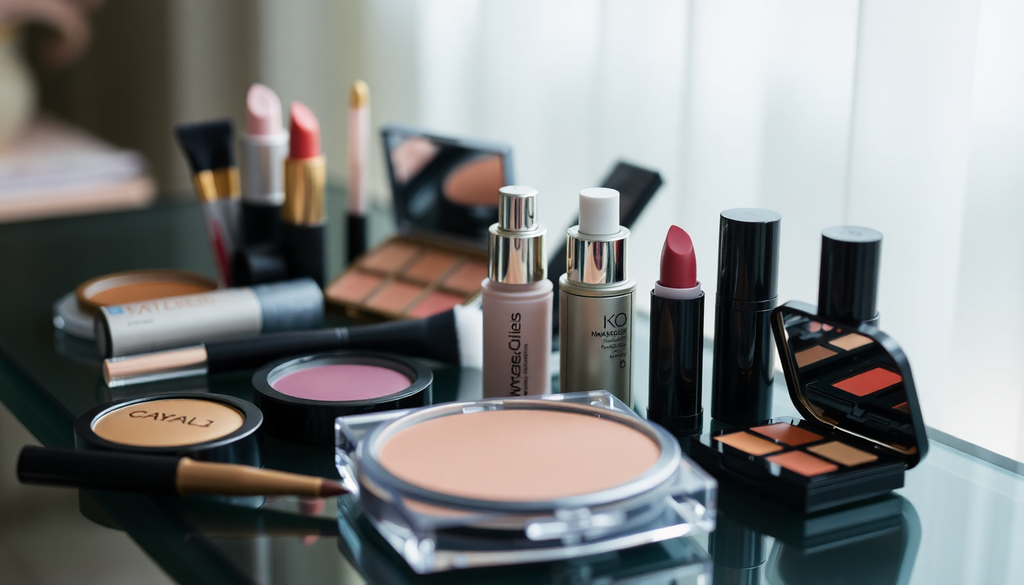
The Complete Guide to Launching Your Private Label Makeup Brand in New Zealand: Navigating Import Policies, Certifications, and Effective Marketing Strategies for 2025
